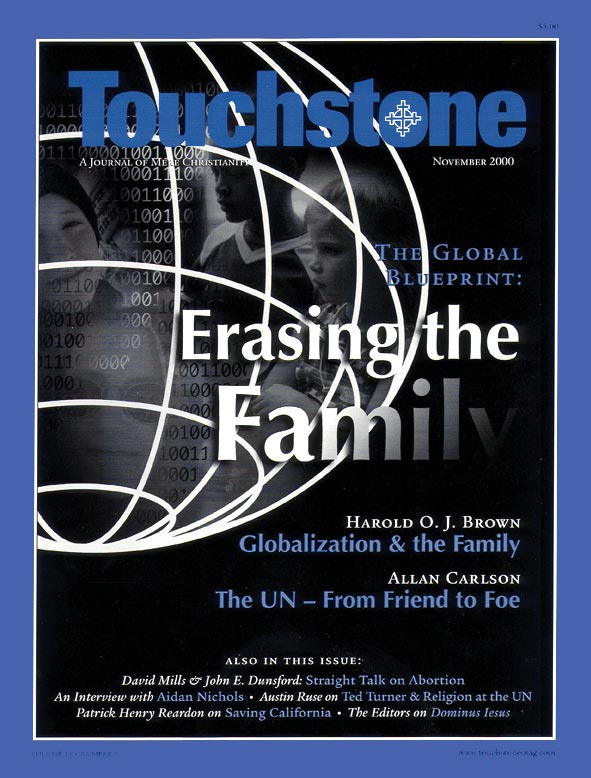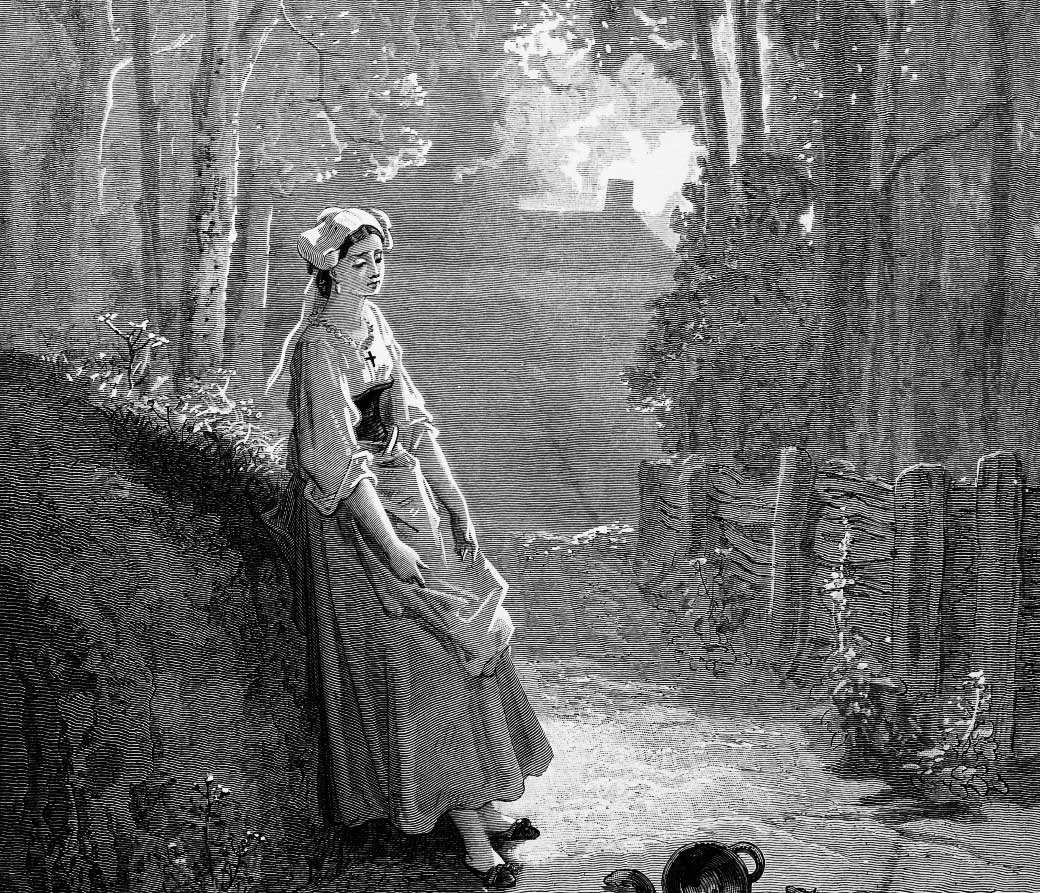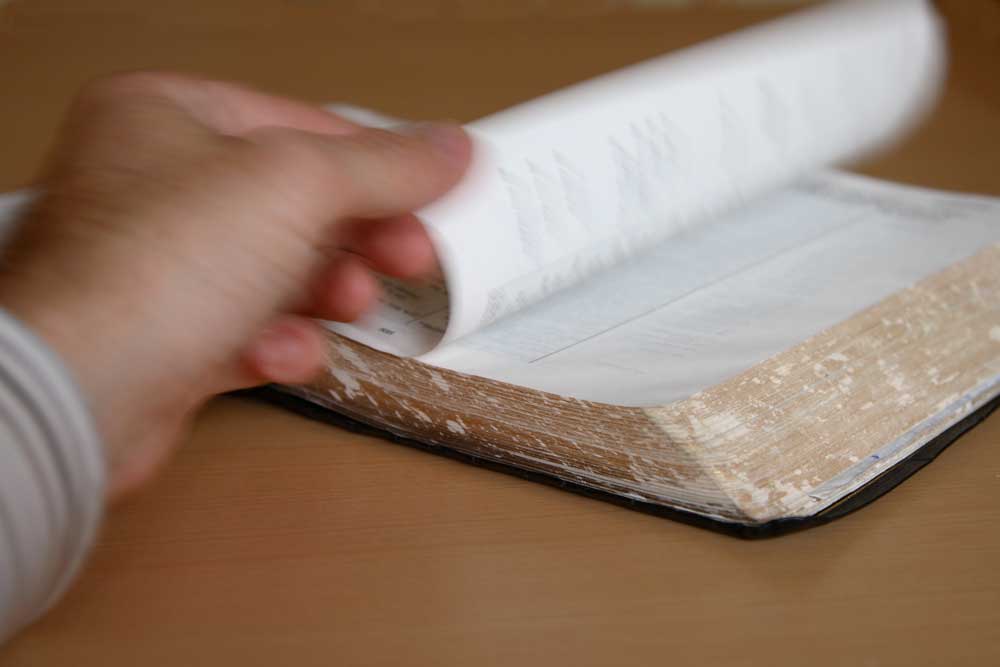Vatican II Is Still News
One of the recurring themes in the secular (and sometimes the Catholic) media is the betrayal of the Second Vatican Council. Not so long ago (l962–1965), according to this hackneyed story, there was bright promise for the future, inspired by a council brave enough to abandon outmoded beliefs and move joyfully into the future. Alas!, the story continues, there were always those who were afraid of this promise, and they (John Paul II among them) have by now successfully undermined much of that promise, repudiating what Vatican II accomplished.
The latest version of this story is in reaction to Dominus Iesus, a new document from the Congregation for the Doctrine of the Faith in Rome, which forthrightly asserts that the fullness of divine truth is found only in the Catholic Church and that salvation comes only through Jesus Christ.
The document has brought forth the usual howls of protest, along with uncritical media stories quoting Catholic “experts” who call this a betrayal of Vatican II. One priest told a student newspaper that “John Paul is sick and old . . . some forces in the Vatican are using this to beat their own drum. . . .”
The new document has the full endorsement of the Holy Father, and of course would not have been issued unless it did. John Paul is old, and he is sometimes sick, but he is fully in command of his faculties, and it is absurd to suggest that a younger and healthier pope would disapprove of what the document says.
Far from betraying the council, the document merely repeats and elaborates what the council said almost four decades ago—that Christ founded a church and that “this Church . . . subsists in the Catholic Church, governed by the Successor of Peter and by the bishops in communion with him.” By now I have gotten used to the fact that so many “experts” on Vatican II seem not even to have read its decrees.
What neither Vatican II nor the new document says is that only those people who are formal members of the Catholic Church can be saved, or that all other religions are simply false. Vatican II constructed what might be called a system of overlapping circles—the fullness of truth in the Catholic Church, other Christian bodies sharing some of that truth but not all, non-Christian bodies possessing some truth but missing the gospel. Judaism is the beneficiary of direct revelation from God. Non-Christian religions possess truth by virtue of the human desire to know God and the human ability to discover certain truths by reason.
Thus the appropriate Catholic attitude towards other religions is not contempt but a somewhat measured respect—acknowledging what is true, honoring those who live their faith, but also recognizing the inadequacies of those religions.
The point most likely to be misunderstood is the principle (not quoted directly in the latest document), “Outside the Church there is no salvation.” Once again, it does not mean that everyone must belong to the Church formally. What it does mean is not only that the fullness of divine truth is found in the Catholic Church but that everyone who is saved, no matter what their faith, is saved by the grace of God made available to the human race by Jesus Christ. Christians may be able to learn from the teachings of Buddha, and following those teachings may bring one closer to God, but Buddha cannot save, only Christ can.
What is odd about the flurry of controversy provoked by this document is how quickly people have forgotten the obvious. At the time of Vatican II it would have seemed bizarre to everyone that the day would soon come when it would be controversial for the Catholic Church to affirm the primacy of the Christian gospel over all other claims to truth. Not by the wildest stretch of the imagination did Vatican II suggest that belief in Christ was only one path to salvation among many, and it was, famously, the teaching of Jesus himself that “I am the way, the truth, and the life. No one comes to the Father except through me.”
—James Hitchcock, for the editors
James Hitchcock is Professor emeritus of History at St. Louis University in St. Louis. He and his late wife Helen have four daughters. His most recent book is the two-volume work, The Supreme Court and Religion in American Life (Princeton University Press, 2004). He is a senior editor of Touchstone.
subscription options
Order
Print/Online Subscription

Get six issues (one year) of Touchstone PLUS full online access including pdf downloads for only $39.95. That's only $3.34 per month!
Order
Online Only
Subscription

Get a one-year full-access subscription to the Touchstone online archives for only $19.95. That's only $1.66 per month!
bulk subscriptions
Order Touchstone subscriptions in bulk and save $10 per sub! Each subscription includes 6 issues of Touchstone plus full online access to touchstonemag.com—including archives, videos, and pdf downloads of recent issues for only $29.95 each! Great for churches or study groups.
Transactions will be processed on a secure server.
more from the online archives
calling all readers
Please Donate
"There are magazines worth reading but few worth saving . . . Touchstone is just such a magazine."
—Alice von Hildebrand
"Here we do not concede one square millimeter of territory to falsehood, folly, contemporary sentimentality, or fashion. We speak the truth, and let God be our judge. . . . Touchstone is the one committedly Christian conservative journal."
—Anthony Esolen, Touchstone senior editor









